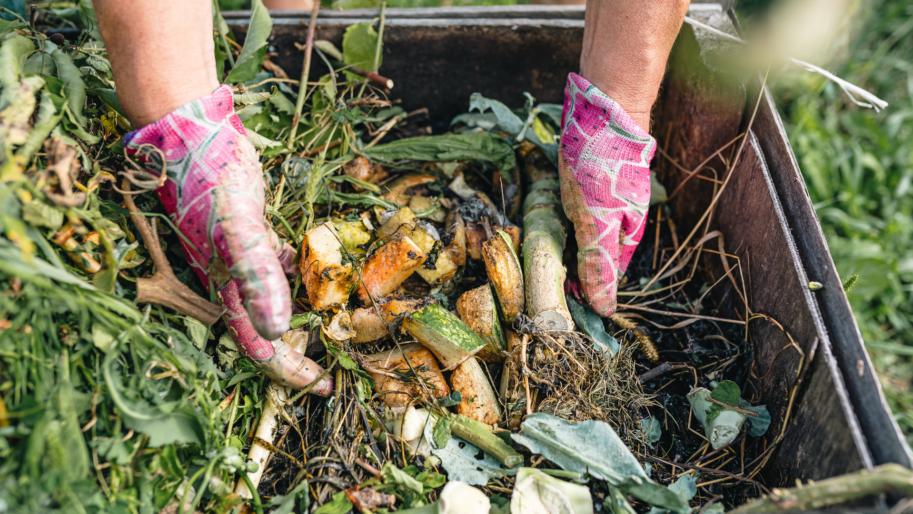SB 279 would expand composting capacity on farms and in communities, divert more food scraps from landfills, and provide California growers with a climate-friendly alternative to open burning.
Composting creates healthy soils that draw carbon out of the atmosphere, retain water, and increase food security. It also reduces climate pollution by preventing methane emissions. By expanding the state’s composting capacity, we contribute to a climate-safe future for all.
Composting is a win-win for California farms and communities. It builds healthy soils and reduces landfill waste. With SB 279 enacted, growers will soon be able to compost on their farms.Currently, when California farms and vineyards have large amounts of green waste, they must ship the material to a large composting facility. Unfortunately, California has a shortage of composting facilities. Coupled with a ban on agricultural burning that went into effect on January 1, 2025, growers need this eco-friendly alternative.
SB 279 would allow growers to compost their agricultural waste onsite, keeping critical nutrients on the land and reducing the need to haul or burn the scraps. It will meaningfully increase community composting capacity, allowing operations like urban farms and school gardens to recycle more of their organic material onsite. SB 279 also increases farmers’ narrow profit margins by allowing them to sell or give away up to 5,000 cubic yards of compost a year.
Without increased composting capacity at all levels, California risks falling short of its organic waste diversion and climate goals. SB 279 is truly a common-sense solution to expand our composting infrastructure.
This bill is co-sponsored by The Climate Center, People, Food, and Land Foundation, California Alliance for Community Composting, Californians Against Waste, Western Tree Nut Association, and California Association of Winegrape Growers.
Committee Status: SB 279 was signed by Governor Newsom on October 11, 2025.

